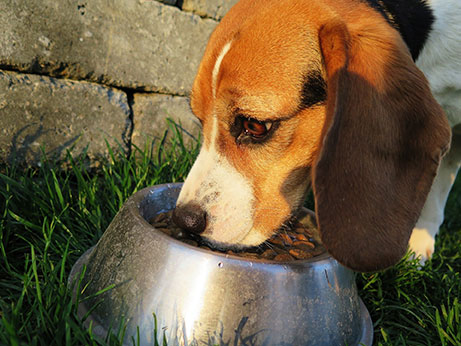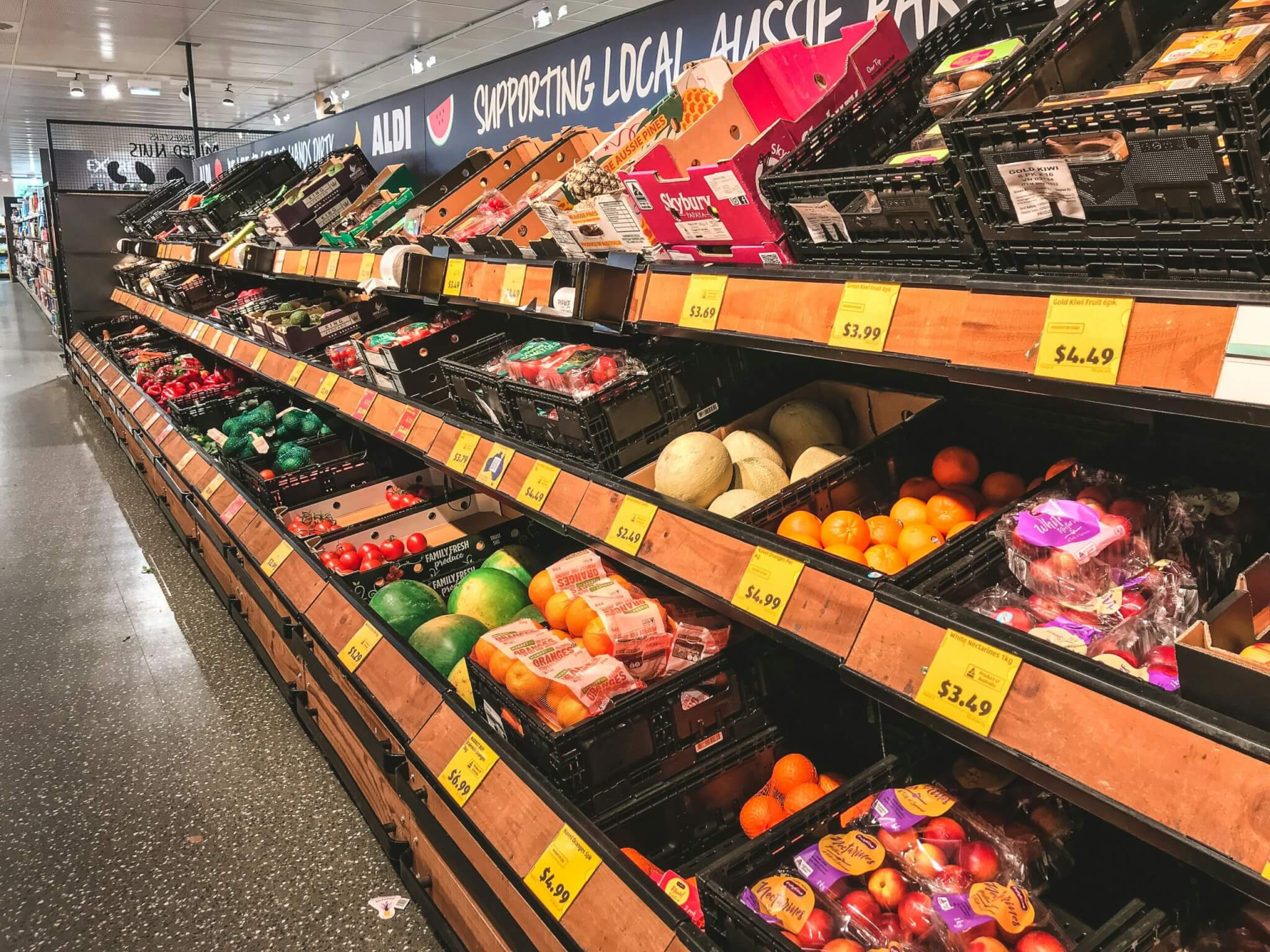“The new protein bar is 50 per cent insect and packed with nourishing botanicals including beetroot and spinach.”
Yum.
That’s the sales pitch from Yora, a 2019 start-up, for their new range of sustainable treats for dogs made from insect protein. Described as “the perfect stocking filler”, these nutritious morsels are designed for the eco-conscious pup, looking to reduce their carbon ‘paw-print’.
But, as much as it may seem a fad, it seems that greener and even meat-free pet food is on the rise.
This week, the Telegraph reported that Mars Petcare, which owns Pedigree and Whiskas, wants to get in on the action, with meat substitutes for pet food already in development. Their focus is “the environmental impact of farming”, warning that “rising consumption of meat by people could leave pets begging for scraps”.
It’s not just media spin, either. A University of Sydney report has found that, despite there being fewer domesticated dogs and cats than humans, our furry counterparts consume around a fifth of the world’s meat and fish.
But what should we be feeding our pets?

I’ve often raised an eyebrow as vegetarian friends scrape fatty chunks of pork, or slap congealed meat paté, into their pets’ silver bowls, only to have to scoop it into a doggy bag and carry it to the nearest bin later.
But, when quizzed, they’ll cry that “my Labrador is designed to eat meat”, or “Barney needs the energy for all the exercise he does”.
Which is kind of the same as the arguments used by meat eaters, rump steak in hand, when faced with some of my hippy-vegan friends. I digress.
For vegetarians and the eco-conscious, the move towards meat-free pet food might be because of carbon emissions and other environmental impacts. Meat in pet food is not typically from high welfare sources, and is likely to be farmed through intensive methods with higher carbon footprints.
Then there’s the land and water use – compared to beef farming, Yora said the grubs in its treats need just two per cent of the land and four per cent of the water to produce each kilogram of protein, which means they generate 96 per cent less greenhouse emissions.
What’s in our pets’ stomachs has suddenly become the business of environmentalists and when I considered the ecological impact of my dog’s meat diet, it seemed only wise to re-evaluate the whole industry. But, as anyone who has tried to make a change to their own diet will know, finding the right balance of nutrition is key.
The Telegraph wrote that Mars Petcare “considered making a bid for Quorn Foods” to support its plans but chose instead to work on its own meat alternatives”. This avenue will be key to success, as the use of specially-engineered meat substitutes made from mycoproteins can provide similar levels of protein and energy to real meat, Mars said.
Back to Yora, who are using insect protein, which has long been on the cards for those who fear that larger-scale meat farming is unsustainable. The company boasts that “insects use a fraction of the resources to farm and Yora’s grubs consume vegetable waste that would otherwise go uneaten”.
The British Veterinary Association is on board, too. In October, they made a recommendation that insect-based pet food “may be better for pets than prime steak”.

Pets can be a good way of ensuring that what’s left after dinner by their owners doesn’t go to waste. And they’re also fantastic for getting us outside and breathing some fresh air (and give us some well needed exercise, too), with a really positive effect on mental health.
So, let’s not ban them altogether. But we all have a responsibility to think just a little more about what they eat. And maybe that will help some of us re-evaluate some of our eating habits, too.
I’m not sure that we’ll be chowing down on beetle stew just yet, but if we want to cut our emissions, we may all have to consider eating a more varied range of protein, including insects.
Researching eco pet trends, I read about another new movement in the dog poo world. The Guardian has reported Brian Harper’s invention – a street lamp that runs on dog poo (really). Just pop it in the digester, and the methane from 10 dog do’s can power a street light for two hours.
If you really want to get on board with the eco-pet revolution, maybe that’ll be the lightbulb moment.











I think it is important to clarify that this article, whilst of interest to dog owners, should not be applied to all ‘pets’. To quote International Cat Care (and the International Society of Feline Medicine) “Cats have developed and evolved as ‘strict carnivores’. This means that they have developed a unique metabolism that, put simply, requires a supply of a number of nutrients only found in a meat/animal-based diet. Without these nutrients, cats develop a variety of diseases and will die.
Several nutrients (including certain vitamins, amino acids and fatty acids) are required by a cat in its diet that can only be found in animal-based diets. This is simply the result of the development of cats as a predator species”
If anyone is considering switching their cat to a vegan or insect based diet I would strongly advise them to speak to their vet first.
It is also worth considering an alternative pet species, such as a guinea pig or rabbit, if you feel uncomfortable feeding a meat based diet to your pet.
Thanks for sharing that Emma – the examples given are for dogs but can see how its important to be clear this won’t be suitable for cats. Like the alternative vegan pet suggestions too!
I use Lily’s Kitchen with my beagle. I only buy the organic range. She loves it; she’ll lick the label I pull off the tray, then she’ll lick the tray the meat was in. She gobbles it down and then licks her bowl, looking for every scrap.